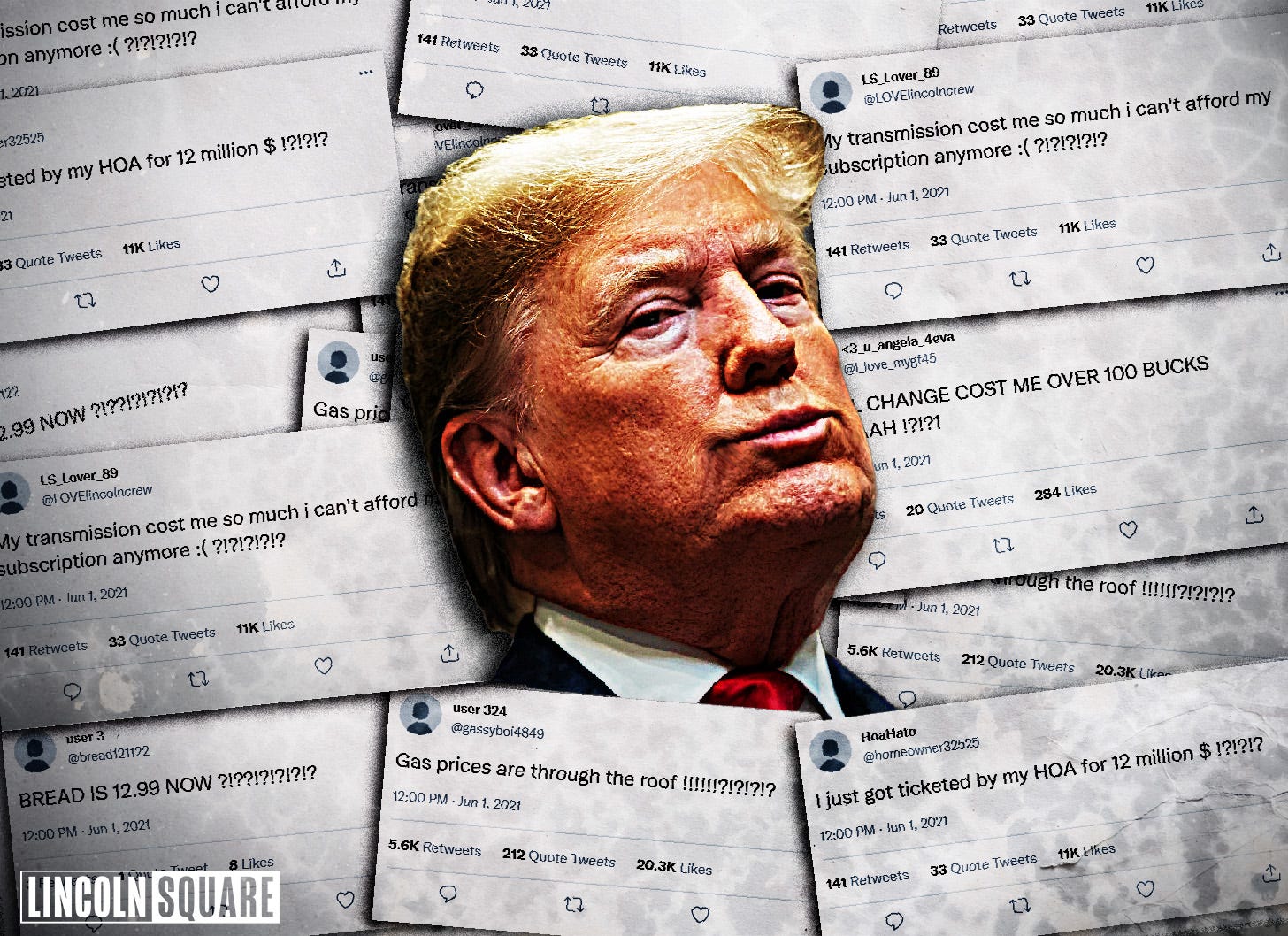Please, Stop Comparing your Struggles
Social trust, the glue that holds the people together, plummets when people believe society is deeply divided. And that lack of trust feeds the political machine.
Everyone is struggling today. You can see it at the grocery store, at the gas pump, in the bills stacked on the kitchen counter. Trump’s tariffs have raised prices on nearly everything you purchase — from the cans of cat food to the dishwasher fluid to the shoes your kid needs for school. Inflation has eaten away at every paycheck. Rent is higher. Utili…




